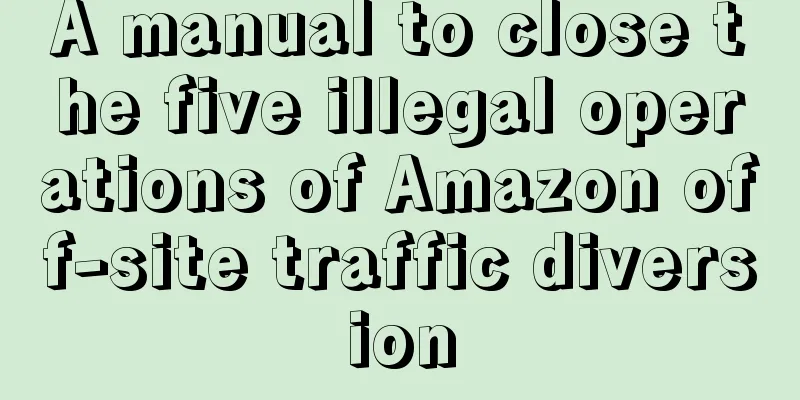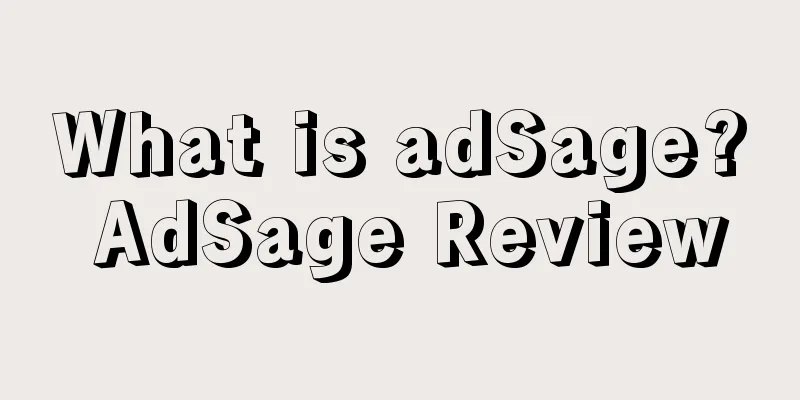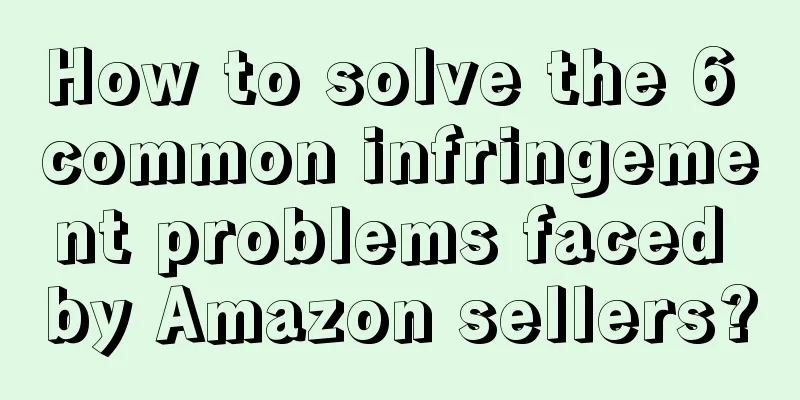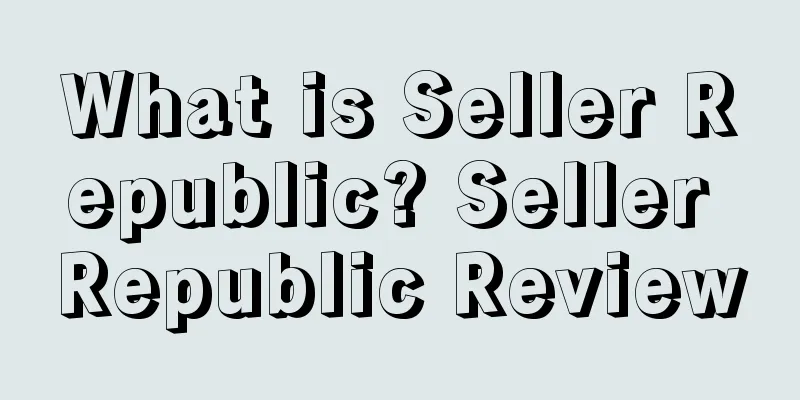|
Amazon’s announcement pointed out that specifically, the five false or misleading behaviors of “two-step URL,” “super URL,” “Funnels,” “Treasurehunt,” and “search-find-buy” are all violations of Amazon’s Seller Code of Conduct.
1. Two-step URLs are what we commonly call keyword links. Two-step URLs replicate the search for specific keywords. When buyers purchase products through two-step URLs, it is as if they purchased the product through keyword search. For example: Amazon.com (then keyword). Such off-site promotion links help improve keyword rankings. Many sellers have done similar operations before. 2. Super URLs: A super URL is a way to link directly to an Amazon product page listing. This is done by creating a URL that copies specific parameters. These parameters are designed to show Amazon the exact source of the click, attribute sales from off-site traffic to organic traffic, and help improve the ranking of the listing. 3. Funnels: The so-called funnel does not refer to a real funnel, but is just a metaphor for a sales strategy. The official text is: A funnel is simply a series of actions you want an end-user to take or a series of locations (URLs) you want end-users to visit. The general meaning is to guide buyers to perform a series of actions through a large traffic window, and ultimately guide buyers to the listing to achieve the purpose of sales. 4. Treasurehunts (hunting treasure) The official text is: Basically this is where they advertise/stock items for a limited time at a great price. Customers come in for one thing and leave with something completely different. Xiao V's understanding is that it is a promotion at a preferential price for a certain period of time, and then give buyers other products. Take Taobao as an example, many buyers who make fake orders will create a product link, and then give away things unrelated to the product (usually tissues) for free in the form of promotion, in order to increase sales 5.search-find-buy Yes, you read that right. It is also a violation to guide buyers outside the site to enter the keywords required for the product in the search bar, find the buyer's listing on the results page, and purchase the product. For example, you promote your products on social media, but do not directly provide links. Instead, you tell buyers how to find and purchase your products through the search function on Amazon; or tell buyers through emails or after-sales cards how to find and purchase your products through search. These are all violations. Simply put, the point at which Amazon determines that it is a violation to release volume outside the site is not the size of the discount ratio or the number of orders released, but whether there is any artificial way to improve the ranking when you are doing discount activities. If it is just a simple release of volume, and the ranking is improved by increasing sales and conversion rate, it is not a violation. Illegal discount behavior Illegal discounting mainly refers to the following behavior: there is no sign of any discount promotion on Amazon, but consumers are attracted to the site to complete the purchase through discounts outside the site, in order to manipulate the search ranking. The blocked sellers may have improper operations when attracting traffic outside the site, such as rebates, cashback, 100% off, etc. There are mainly two modes of this kind of preferential incentive behavior: rebate and coupon. The so-called "coupon" is a discount that everyone is familiar with. When buying, you can get a price reduction by entering the discount code; the so-called "rebate" may be unfamiliar to many people. The behavior here refers to: the buyer first pays the full amount to purchase the product, and then waits for the goods to be shipped or received, and the seller returns all or part of the payment through PayPal. This is called "rebate". For example, a supplement brand posted a post on Facebook that read "Buy 1, Get 2 Free on Amazon," promising to give a free bottle directly to the buyer. Another Amazon seller directly guided the buyer to give a positive review, promising to give him another bottle. The seller wrote on Facebook that if the buyer purchased the supplement on Amazon and gave a positive review after 15 days, he would give him another free bottle.
Amazon officials specifically emphasize that sellers are encouraged to promote product discounts, coupons, deals and other activities in off-site channels to boost sales, but this is only open to specific products. Specifically, products promoted by sellers through off-site channels must be provided through the Amazon platform, and cannot be purchased on the Amazon platform through discount coupons placed elsewhere. In other words, promotions must be consistent with Amazon store promotions, otherwise it will be considered a violation of Amazon's Seller Code of Conduct. Because it involves off-site rebates and incentives, it may cause manipulation of rankings, increase reviews, and generate artificially manipulated traffic and conversions.
Seller violates Amazon's Code of Conduct
1. Influence customer ratings, feedback, and reviews
2. Manipulating sales rankings
3. Artificially increase web traffic Amazon Prohibited Conduct 1. Hire a third party to improve ASIN ranking or reviews
2. Sending a package to an address that the recipient did not order or did not want to receive
3. Soliciting or accepting false or fraudulent orders
4. Place an order for your own products
5. Offer compensation to buyers who purchase your products
|










